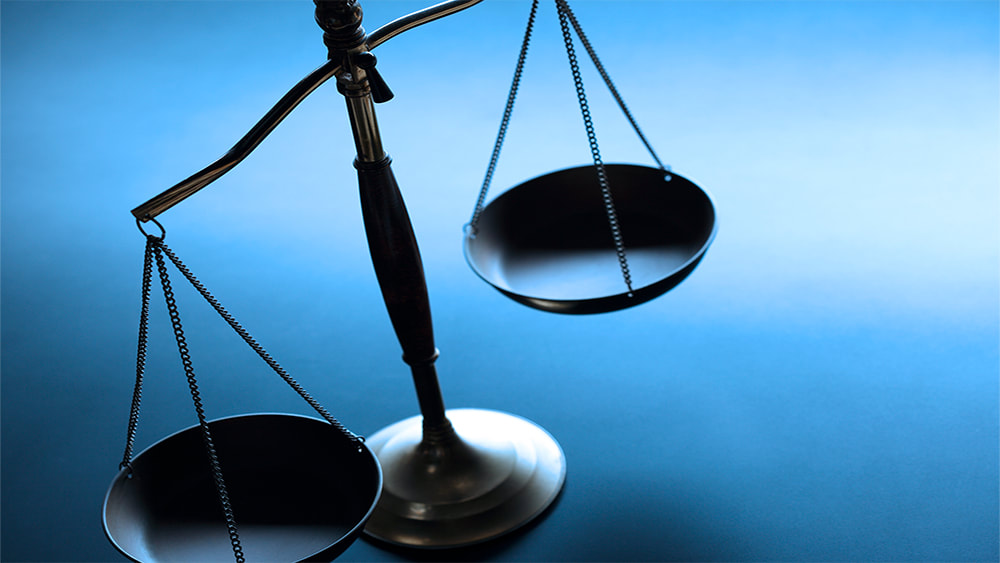|
I attended Oberlin College on scholarship, from a West Virginia high school with excellent teachers but no exotic courses. To make room for me, someone with a fancier transcript from a classy suburb may have lost out. Unfortunately, admission to a specific college or getting hired for a specific job can be a zero-sum game. To choose among promising applicants, what’s “fair”? Fairness at Oberlin meant encouraging student interaction across diverse backgrounds, preparing us to contribute in a changing world. Fairness at another college might mean favoring the children of alumni and corporate CEOs, preparing them to replicate the past.
Replication is a factor in cutting-edge technology, too. Automated help systems are great, so long as my question is one many people have asked before. A chatbot can fake being you by mimicking language patterns and content from the past. You’ll need to write your own essay if you want to say something new. I love to study the past. I want to learn from it and build on it. Creative innovation benefits from established procedures and guidelines. Scientific method enables new discoveries and a way to distinguish them from fads. A written constitution allows for interpretation and amendment while constraining the sway of the mob. Fairness doesn’t have to require systems that merely replicate the past.
0 Comments
Leave a Reply. |
AuthorI'm a historian who writes novels and literary nonfiction. My home base is Madison, Wisconsin. Archives
July 2024
|

 RSS Feed
RSS Feed